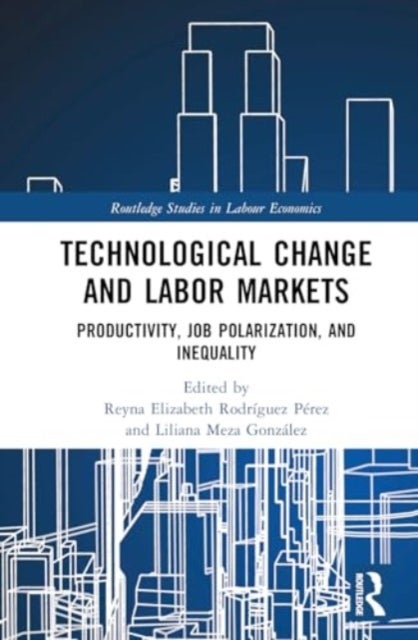
Technological Change and Labor Markets
1759,-
<p>In developed countries like the US, Germany and the UK it has been observed that workers who perform non-routine activities, either cognitive or manual, have benefited in terms of employment and income, while those performing routinary tasks have seen their job prospects and wages decline. This has led to a polarization of the labor markets and to a decrease in certain measures of inequality. This phenomenon has been attributed to task-biased technological change (TBTC), which differs from the skilled biased technological change in the fact that not only highly skilled workers have benefited from technology advancement. This book presents evidence of how digitalization and task-biased technological change are affecting the labor markets of different regions of the world and examines the factors that cause this inequality among nations.</p><p>It examines recent issues around the effect of task-biased technological change on labor markets and the economy in general, with a comparison








